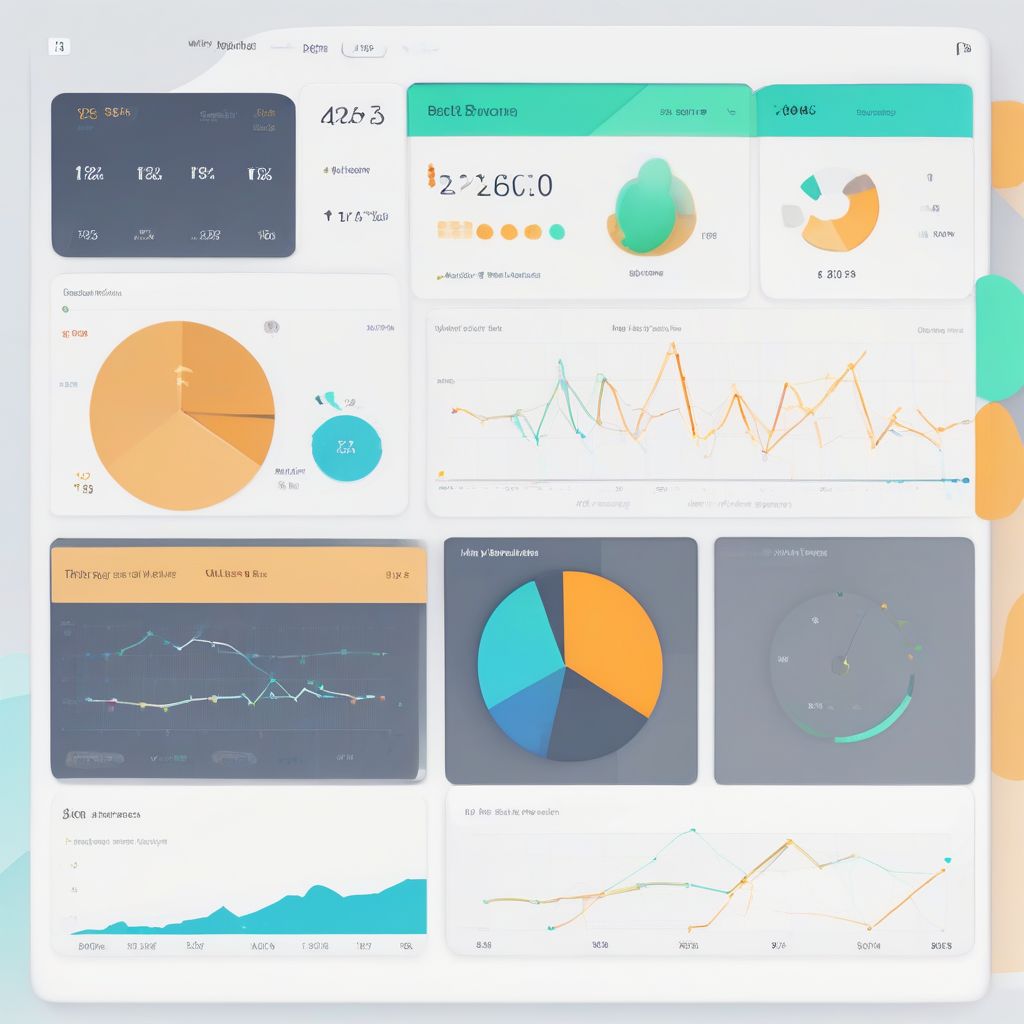In today’s data-driven world, businesses are constantly seeking efficient ways to manage and analyze vast amounts of information. This is where data warehousing comes into play, providing a centralized repository for storing and organizing data from various sources. Among the leading data warehouse solutions, Oracle Data Warehouse stands out as a powerful and robust platform. This article delves into the intricacies of Oracle Data Warehouse, exploring its features, benefits, and how it empowers organizations to unlock valuable insights from their data.
What is Oracle Data Warehouse?
Oracle Data Warehouse is a comprehensive data warehousing solution offered by Oracle Corporation. It encompasses a suite of software and hardware tools designed to handle large volumes of data, enabling businesses to perform complex analytical queries and reporting with exceptional performance. At its core, Oracle Data Warehouse leverages the power of the Oracle Database, renowned for its scalability, reliability, and advanced data management capabilities.
Key Features and Benefits of Oracle Data Warehouse
Oracle Data Warehouse comes equipped with a wide array of features and benefits that set it apart as a leading data warehousing solution:
1. Scalability and Performance:
-
Massively Parallel Processing (MPP): Oracle Data Warehouse leverages MPP architecture, allowing it to distribute data and queries across multiple nodes in a cluster. This parallel processing capability significantly accelerates query performance, enabling rapid analysis of massive datasets.
-
Advanced Compression Techniques: The platform incorporates advanced data compression algorithms, minimizing storage requirements and enhancing query performance by reducing the amount of data that needs to be read from storage.
2. Data Integration and Management:
-
ETL Tools: Oracle Data Warehouse provides a comprehensive suite of Extract, Transform, Load (ETL) tools, simplifying the process of integrating data from diverse sources, including transactional databases, flat files, and external applications.
-
Data Quality and Governance: Robust data quality and governance features ensure the accuracy, consistency, and reliability of data stored within the warehouse. This is crucial for making informed business decisions based on trustworthy insights.
3. Advanced Analytics and Reporting:
-
Business Intelligence Tools: Oracle Data Warehouse seamlessly integrates with Oracle’s suite of business intelligence tools, such as Oracle Business Intelligence Enterprise Edition (OBIEE) and Oracle Analytics Cloud, empowering users to perform sophisticated data analysis, create interactive dashboards, and generate insightful reports.
-
Data Mining and Machine Learning: The platform supports data mining and machine learning algorithms, enabling organizations to uncover hidden patterns, predict future trends, and gain a competitive edge.
Common Use Cases for Oracle Data Warehouse
Oracle Data Warehouse finds applications across a wide range of industries and use cases, including:
-
Business Intelligence and Reporting: Organizations leverage Oracle Data Warehouse to gain a holistic view of their business operations, track key performance indicators (KPIs), identify trends, and make data-driven decisions.
-
Customer Relationship Management (CRM): By analyzing customer data stored in the data warehouse, businesses can personalize marketing campaigns, improve customer segmentation, and enhance overall customer experience.
-
Supply Chain Management (SCM): Oracle Data Warehouse enables organizations to optimize their supply chains by tracking inventory levels, analyzing supplier performance, and forecasting demand.
-
Financial Analysis and Reporting: Financial institutions utilize Oracle Data Warehouse for regulatory reporting, risk management, fraud detection, and performance analysis.
Addressing Common Concerns: Oracle Data Warehouse FAQs
1. How does Oracle Data Warehouse compare to other data warehousing solutions?
Oracle Data Warehouse stands out for its scalability, performance, and comprehensive features. It excels in handling large data volumes and complex analytical workloads. Compared to open-source solutions, Oracle Data Warehouse offers enterprise-grade reliability, security, and support.
2. What are the hardware requirements for deploying Oracle Data Warehouse?
The hardware requirements for Oracle Data Warehouse vary depending on the size and complexity of the data warehouse. Oracle provides flexible deployment options, including on-premises, cloud-based, or hybrid environments.
3. Is Oracle Data Warehouse suitable for real-time analytics?
While Oracle Data Warehouse is primarily designed for batch-oriented analytical workloads, it can be configured to support near real-time analytics by leveraging features such as Oracle GoldenGate for data replication.
taigamemienphi.me/wp-content/uploads/2024/08/real-time-analytics-dashboard-66c5ab.jpg" alt="Real-time Analytics Dashboard" width="1024" height="1024">Real-time Analytics Dashboard
4. How secure is data stored in Oracle Data Warehouse?
Oracle places a strong emphasis on data security. Oracle Data Warehouse incorporates multiple layers of security, including access control, encryption, and auditing, to protect sensitive information.
Conclusion
Oracle Data Warehouse is a robust and feature-rich data warehousing solution that empowers organizations to harness the power of their data. Its scalability, performance, and advanced analytical capabilities make it an ideal choice for businesses of all sizes looking to gain a competitive edge in today’s data-driven world. By implementing Oracle Data Warehouse, organizations can unlock valuable insights, improve decision-making, and drive business growth.
